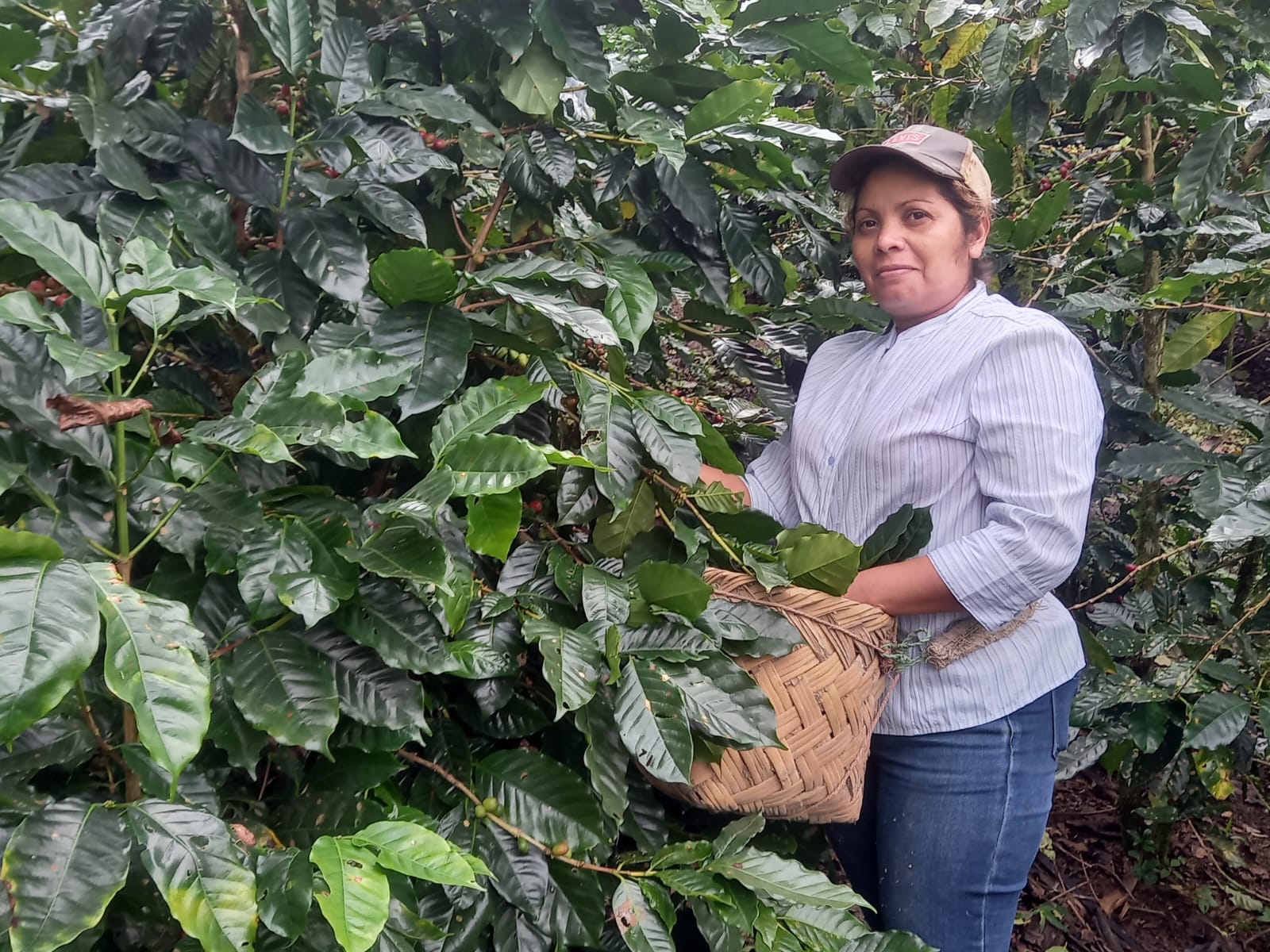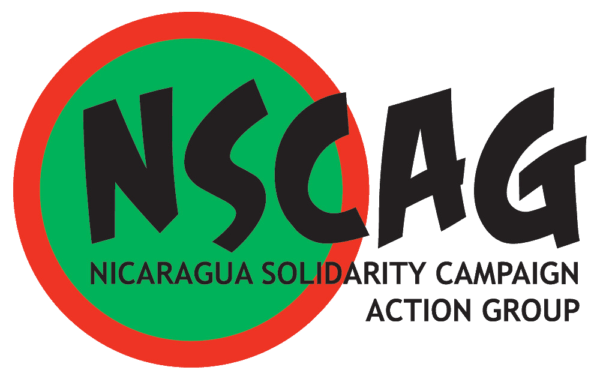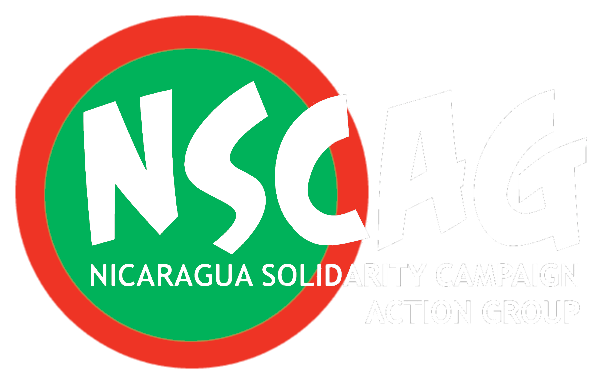Nicaragua Solidarity Campaign Action Group
9 May 2025
Another way is possible: Fairtrade, co-operatives, gender equality, solidarity

‘Fairtrade is both the bridge and the vehicle that helps us to transform the wellbeing of small scale producers and their families. But there cannot be climate justice without social and economic justice including a fairer market for our products.‘Fatima Ismael, general manager, Union of Cooperatives, SOPPEXCCA.
Rosibel González Ruiz, a Fairtrade coffee producer and member of SOPPEXCCA, lives in the community of San Francisco de los Cedros, northern Nicaragua.
But on World Fair Trade day 10 May she will be on the other side of the Atlantic celebrating as a guest of the Bristol Link with Nicaragua.
Since 2015 Rosibel has been a member of the 42 strong Odorico De Andrea Cooperative. She owns one and a half hectares of land where she grows not only Fairtrade coffee for export but also fruit and vegetables for family consumption and to sell in local markets.
What does being a member of a cooperative and selling coffee through Fairtrade meant to Rosibel?
At first she was reluctant to join because she saw how busy her mother was with cooperative activities attending courses, workshops, and meetings.
But her mother persuaded her and after discussions with her husband Rosibel agreed to join. This has brought very positive changes not only for Rosibel but her whole family.
Over this time she has grown a lot in self confidence and is able to contribute financially to the family. Her daughters have both obtained scholarships to study.
The first time Rosibel received the Fairtrade Premium for the sale of five hundredweight of coffee she bought a sink to do the laundry in. She has also invested the Fairtrade Premium in improving her plot of land and in health and education.
For the first time in her life Rosibel has been able to devote time to herself and her children. This includes saving money so that can go out together as a family.
All this is in stark contrast to her own early life when a women’s place was in the home and leisure time was unheard of.
What are the best and worse things things that have happened to Rosibel?
The worst thing was getting married at 17 which meant living with her very conservative in-laws for the first few years: they believed that women should devote themselves to cooking, cleaning and looking after children.
Rosibel describes the best thing that has happened to her is her four wonderful children: her eldest two daughters have scholarships to study agricultural engineering and pharmacy respectively, the younger two are in primary and secondary school.
—————————————————————————————————-
Bristol Link with Nicaragua (BLINC) and visits of Nicaraguan Fairtrade producers
Rosibel, the 19th Fairtrade producer to visit Bristol, will be in South Gloucestershire, Bath and Bristol for two weeks in early May to coincide with World Fair trade day on 10th May and BLINC’s annual fundraiser the hotly contested Copa Sandino on 18th May.
Her programme includes presentations and talks in a dozen schools reaching an estimated 2,000 children. She will also do a talk with a community group and a workshop with scouts and guides.
The overall programme is organised by Bristol Link with Nicaragua (BLINC) in partnership with Bristol Fairtrade Network and the Bath University Spanish Interpreting Course and this year is funded by Friends of Morazan, Burges Salmon and the CB&HH Taylor Trust.
For details of public events where Rosibel will be speaking see on 10th and 18th May see

